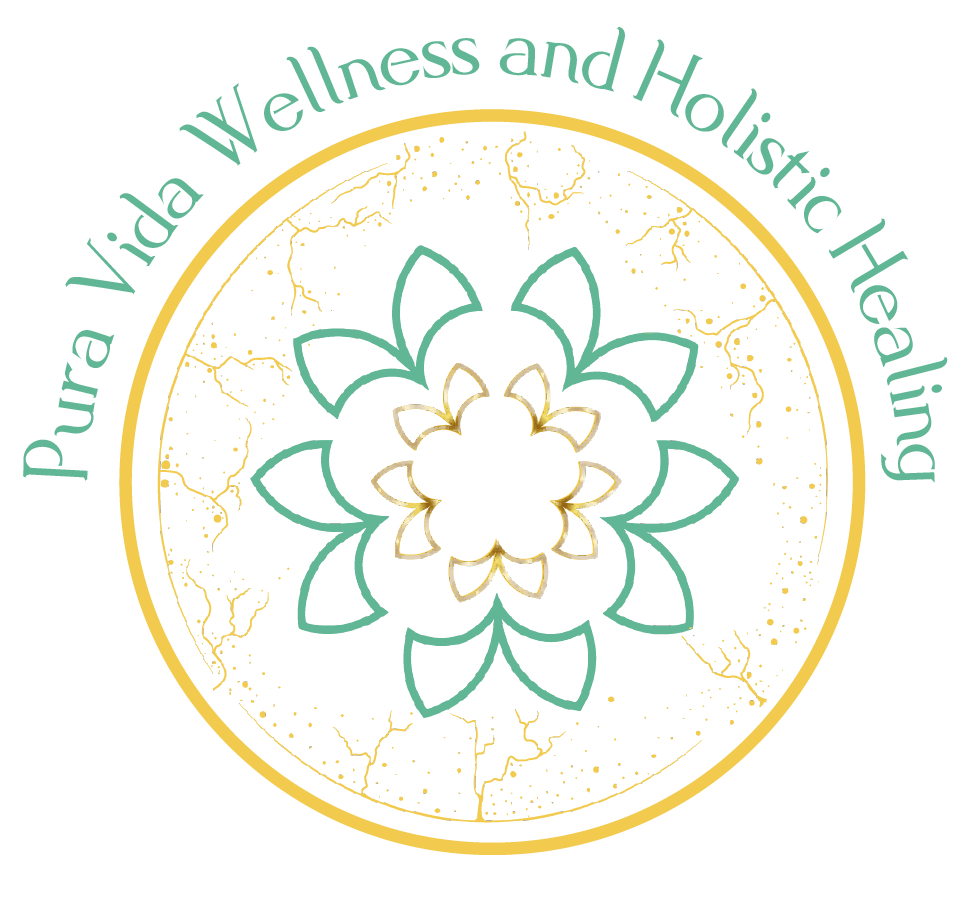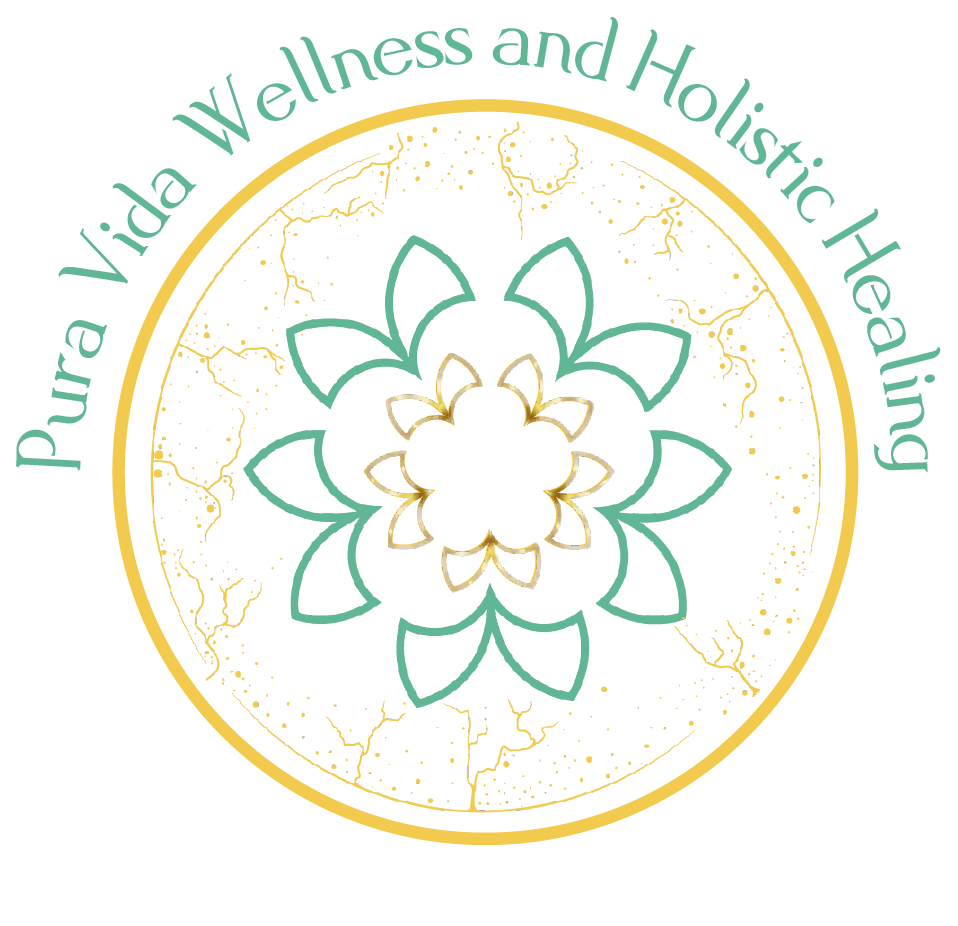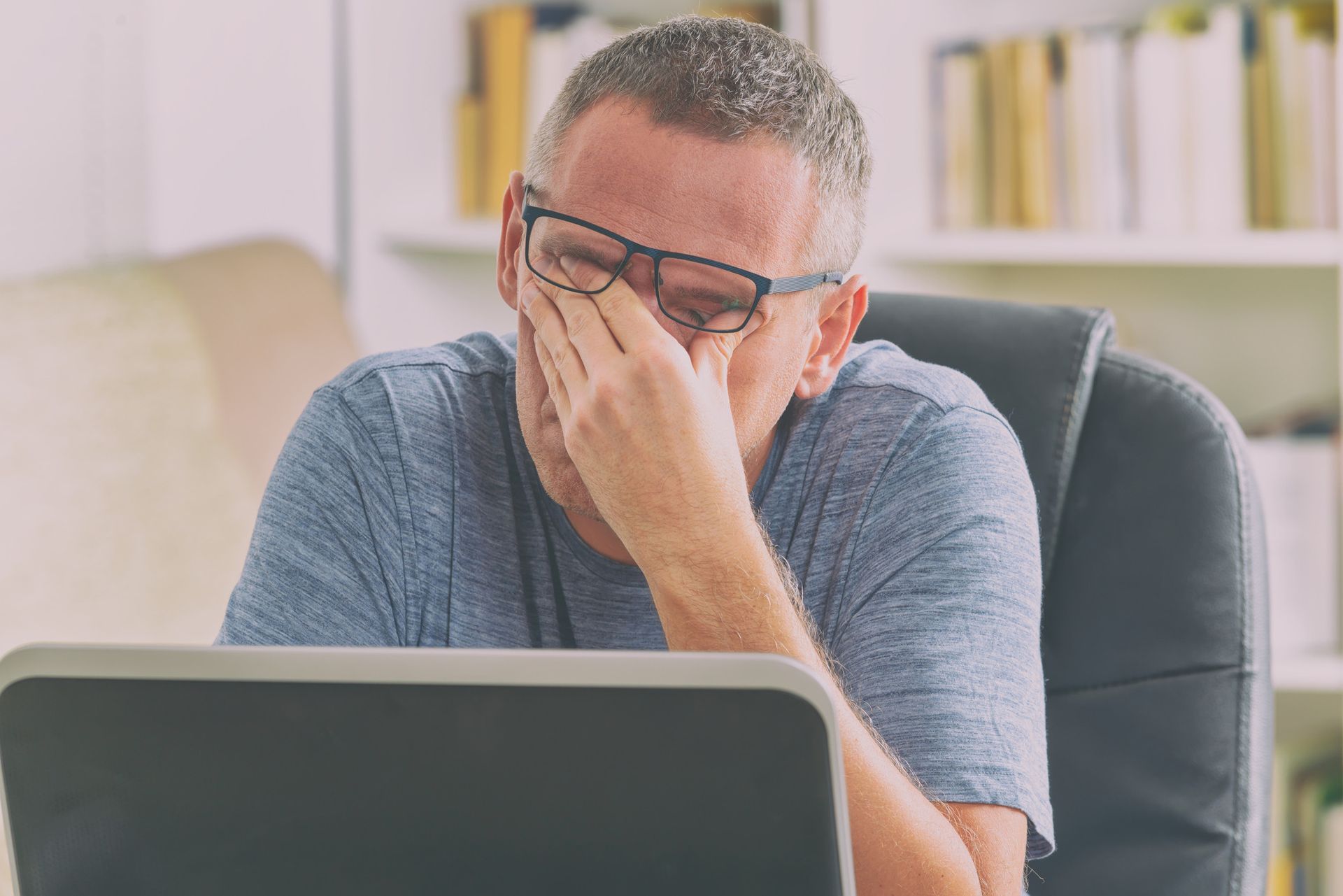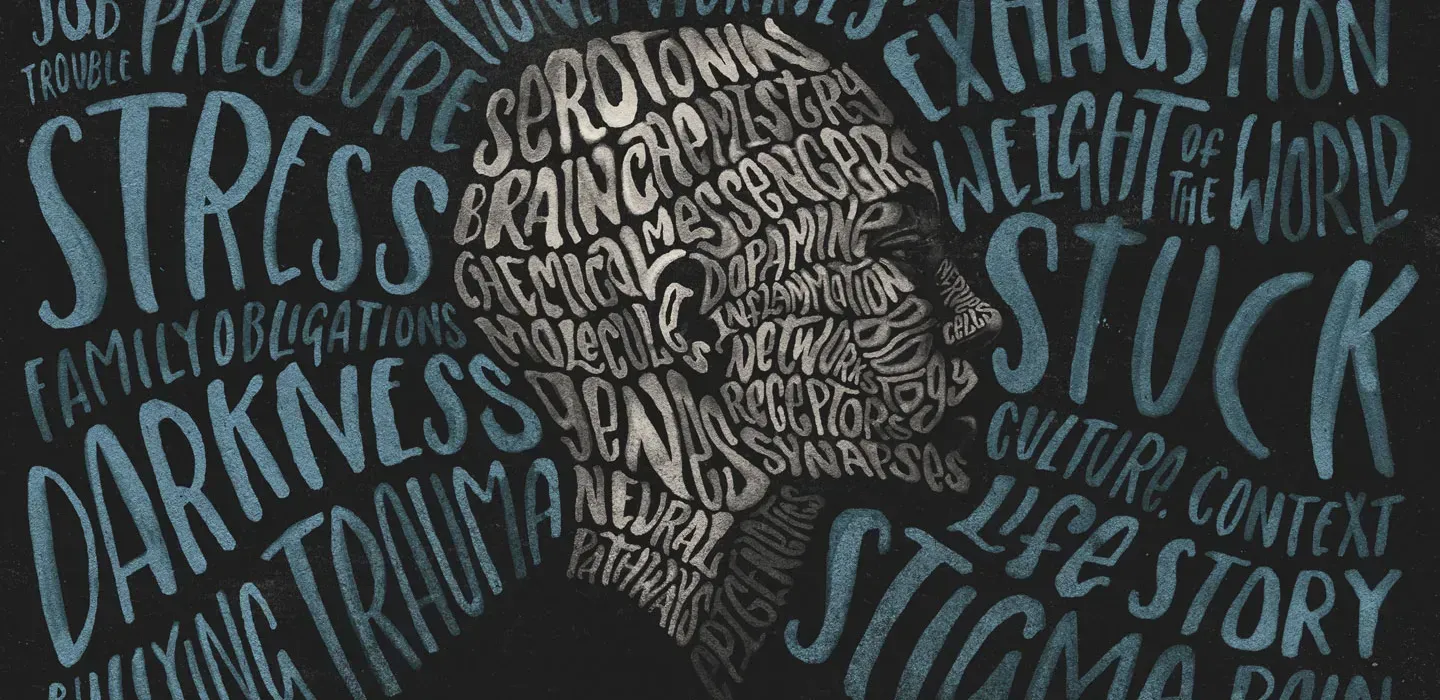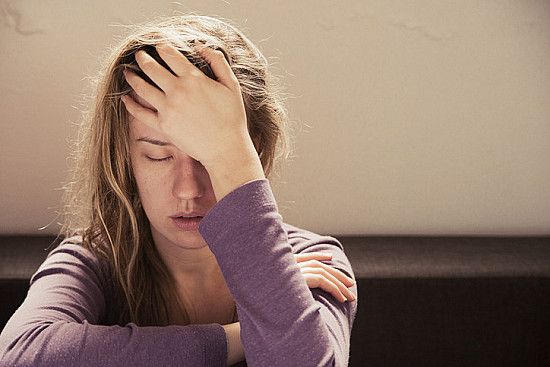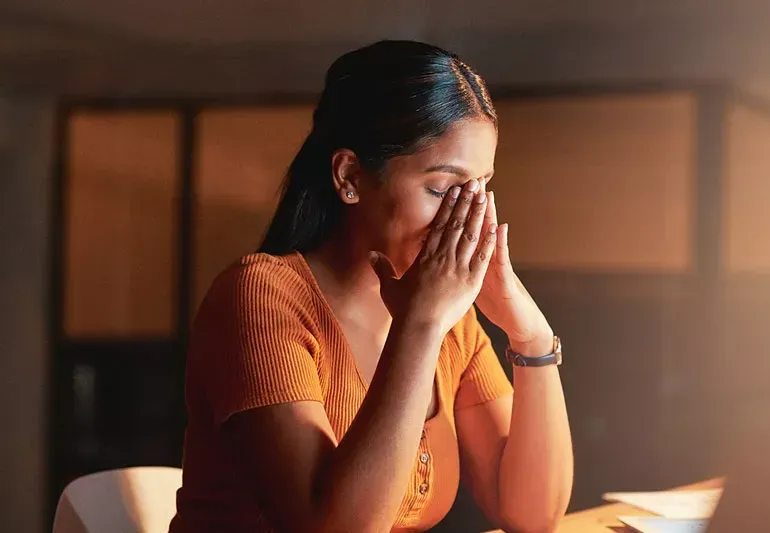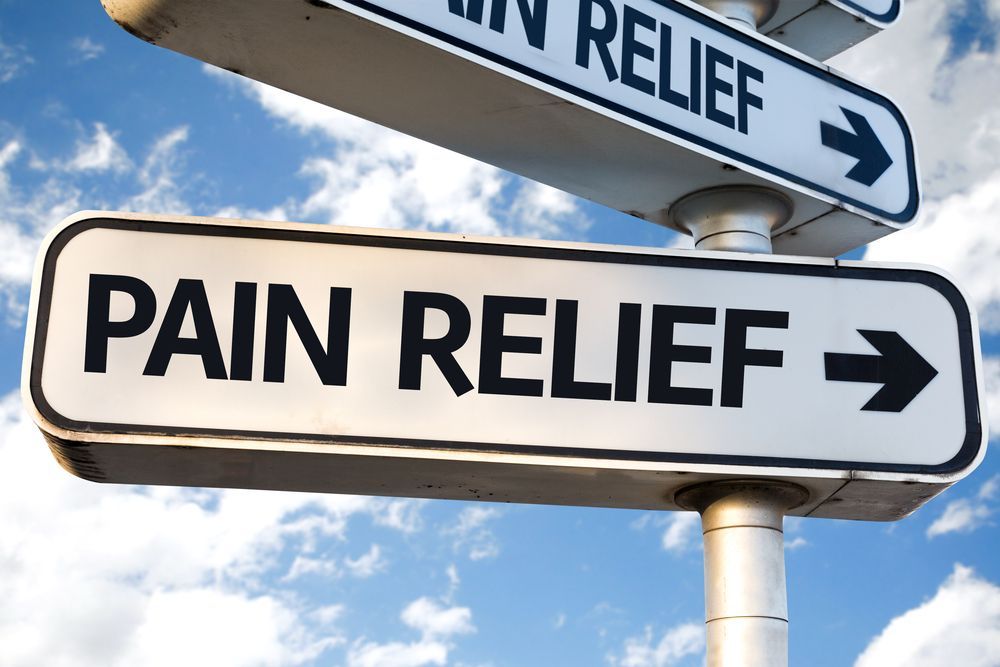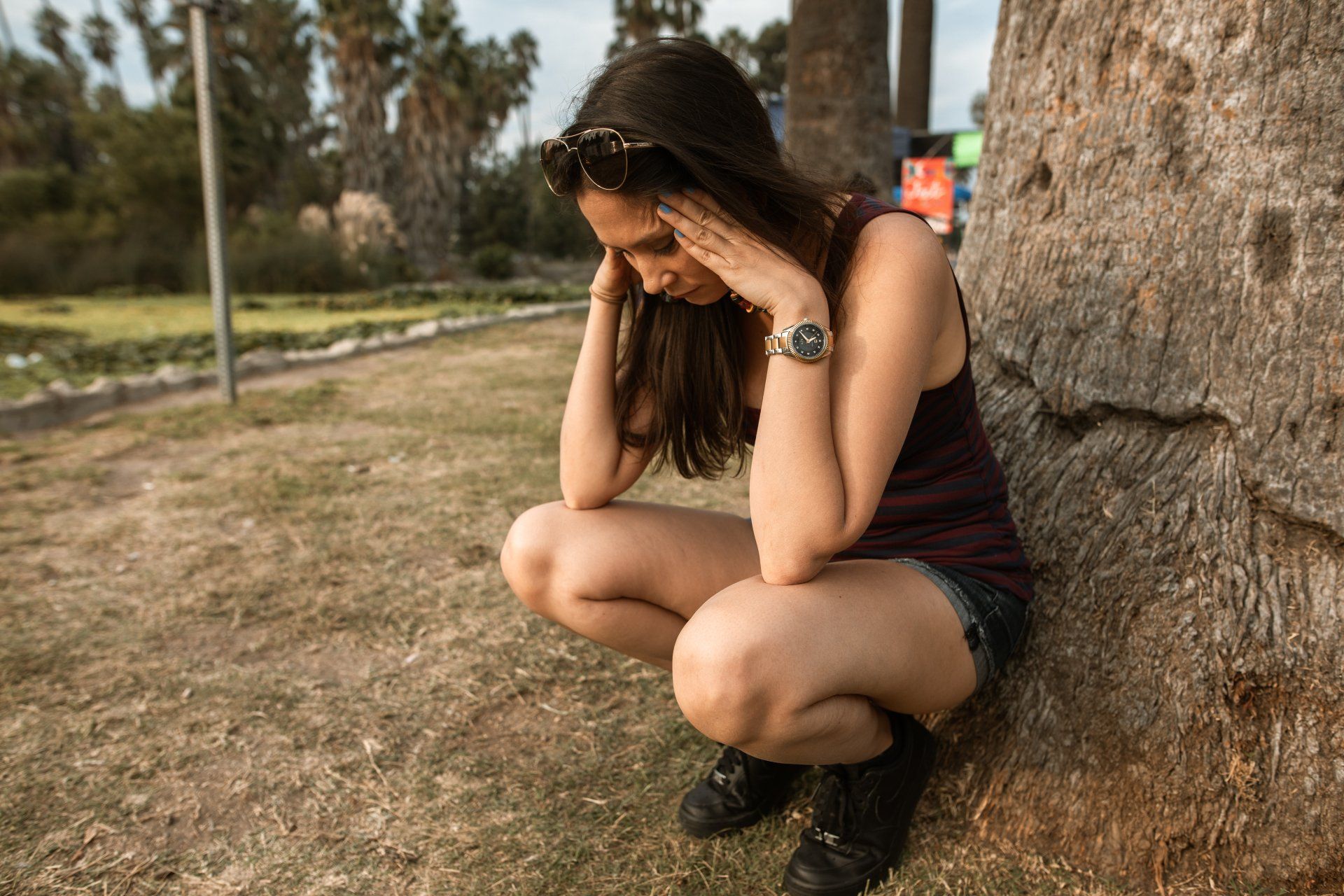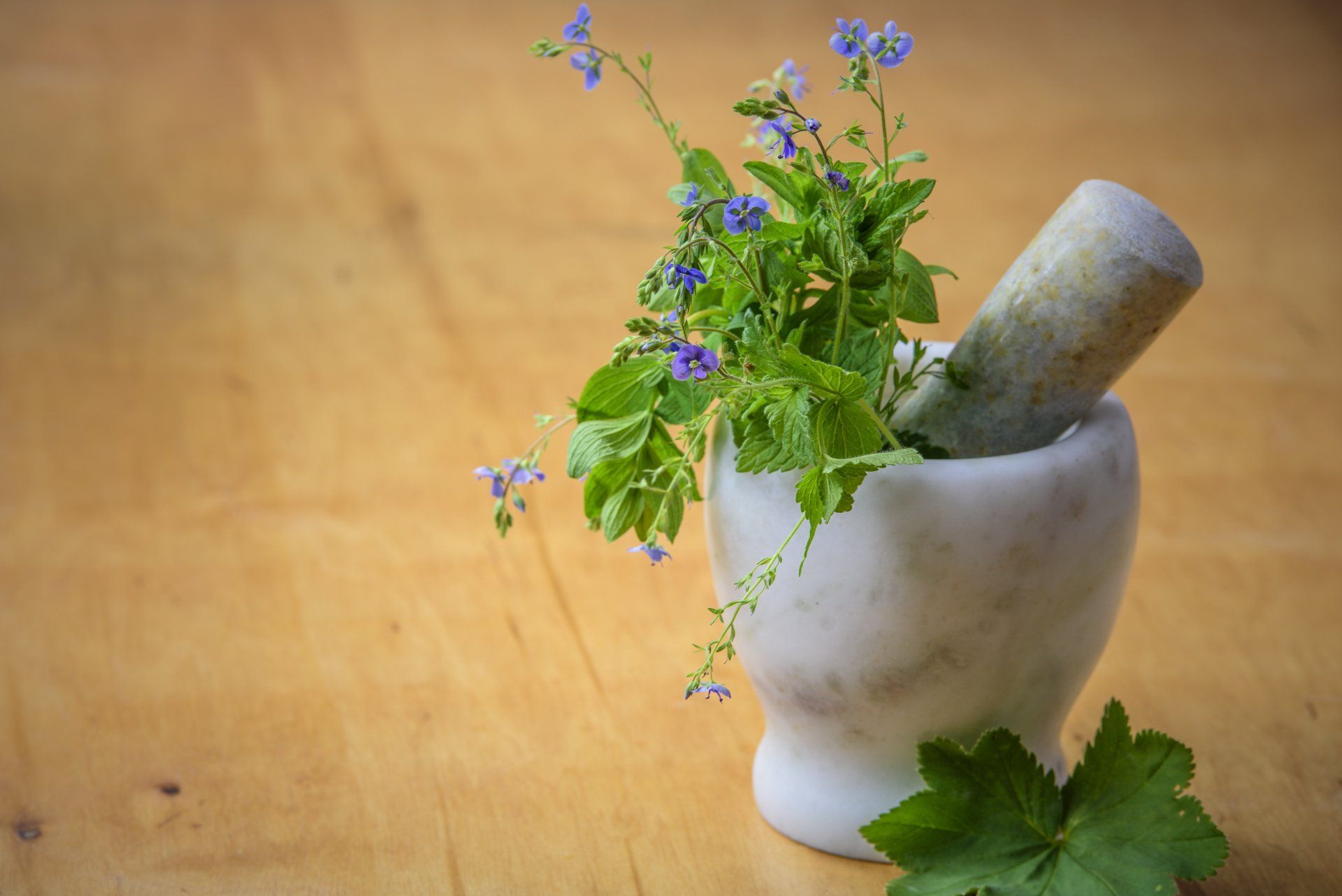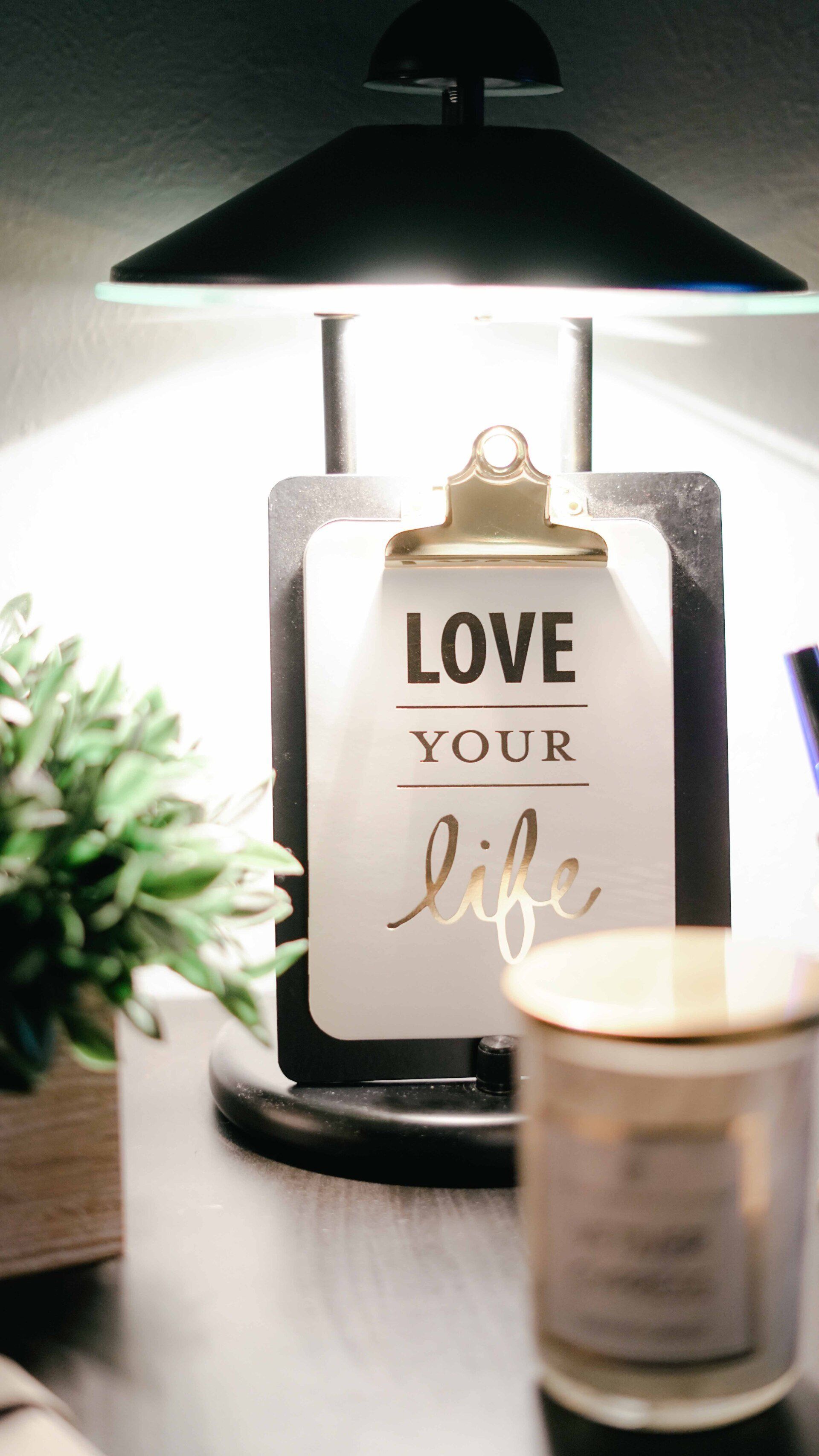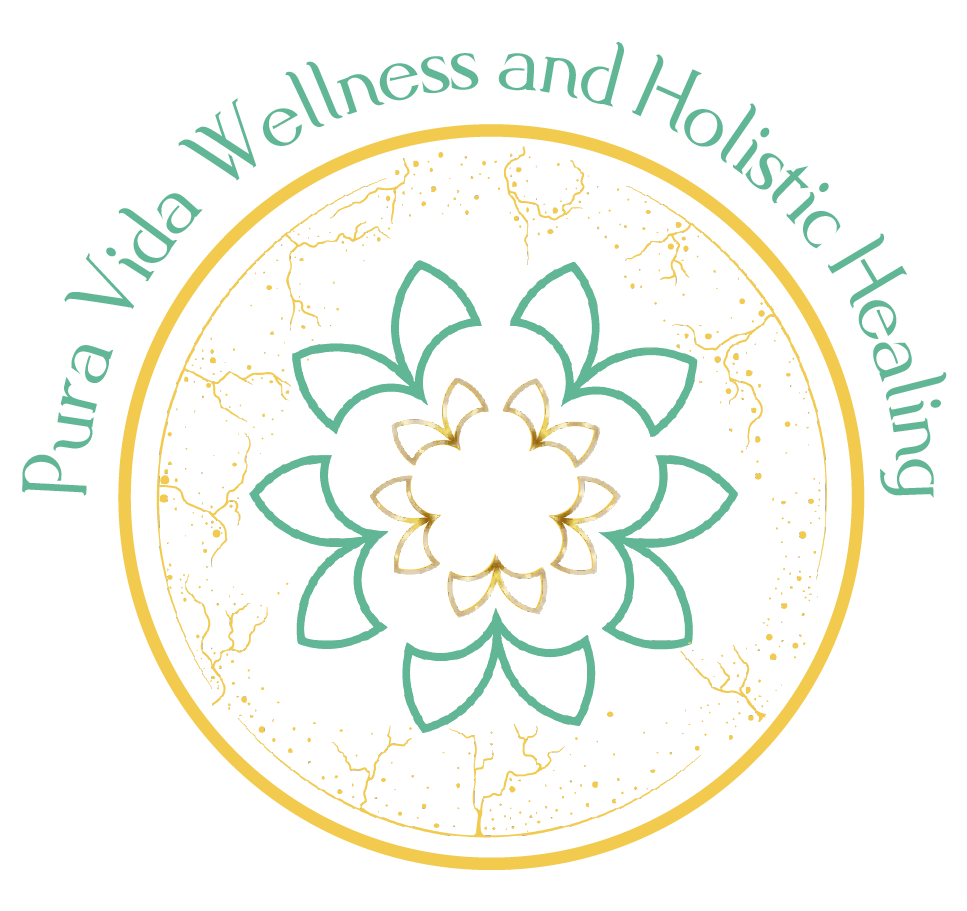Healing for Depression and Anxiety: Finding Balance
We live in a world where everyone is riddled with dilemmas concerning life - whether it’s a shady past, a traumatic present, or a concern for the future. According to research, 15 million adults suffer from depression in the U.S. alone. If you don’t suffer from this debilitating condition, it’s very likely that you know someone who does. And this phenomenon comes attached to fatal diseases like diabetes, cancer, hypertension, heart disease, etc. Furthermore, to gain relief people often turn to alcohol and drugs to make themselves feel better – which may eventually lead to addiction which comes with its own disastrous consequences.
These dilemmas shed light on the importance of treating the whole body. A holistic approach to treating depression and anxiety focuses on the entire being – body, and mind.
Taking medication is just one way of treating depression. In order to feel good from the inside out, lifestyle changes like healthy eating, and regular exercise, that is aided by medication can do wonders for your physical and mental health.
In this article, we will explore the different ways of dealing with anxiety and depression as well as their accompanying benefits.
Ways of Dealing With Anxiety and Depression
Eating Well for Your Being
People who have suffered from depression report a corresponding increase in the desire to indulge in junk food and the negative implications it has had on their physiological health.
Experts emphasize the importance of healthy eating in maintaining mental health. This includes whole grains, fruits, vegetables, fish, and lean meats.
Eric Endlich, a clinical psychologist, says that "Diet can have a strong influence on mood, and eating a balanced diet can keep your blood sugars stable throughout the day and help calm your mood. This stability is especially important if you’re depressed.”
Specialists also suggest that taking vitamins and nutrients like vitamin B12, folate, omega-3 fatty acids, etc. are known to boost mood levels.
In addition to these vitamins, that can be found in foods there are other natural supplements with proven healing properties for depression and anxiety. These supplements can be used for aromatherapy, to improve sleep quality, and can be added to teas. Examples include passionflower, lavender, valerian root, etc.
Along with these foods and supplements, there are other natural methods that can be used in combination to promote holistic healing and relaxation. These include:
Yoga and Meditation
Yoga and meditation are a great way to align your body, mind, and soul. When you feel more centered it naturally lifts away feelings of anxiety and stress.
Acupuncture
The most used holistic healing approach that is common amongst all cultures is acupuncture. Acupuncture heals by using the body’s energy; it uses tiny needles to transfer energy to different parts of the body. It can also help with chronic pains and insomnia in addition to depression and anxiety.
Conversely - Should Some Foods be Avoided?
Holistic healing for anxiety and depression also demands letting go of certain food classes, particularly processed foods, and beverages that have a high percentage of added sugars. Consuming such foods causes blood sugar levels to fluctuate throughout the day – impacting energy levels and causing mood swings.
Other items to avoid include any form of alcohol - and even caffeine which is known to contribute to feelings of depression and anxiety.
Larry Christensen, professor of psychology at the University of South Alabama names caffeine and sugar as the biggest deterrents to mental health he says, “About 20% to 25% of my patients find relief from depression when they cut caffeine and added sugar from their diet.”
Treating Depression With Exercise
Feelings of depression and anxiety often tend to stem from the feeling that you’re powerless and cannot control anything. Exercise is a tried and tested combatant to depression. It can boost mood as well as energy levels. Furthermore, psychologists suggest that exercising can make you feel empowered and more ‘in control’.
Some psychologists go even so far as naming exercise a better and longer-lasting tool for combating depression than medication.
Research suggests that the miraculous benefits of exercise for mental health, along with physical health, are due to an increase in serotonin levels which is essentially what medication does.
Moreover, as exercise is good for our entire being – body and mind – it has no side effects, unlike medication. It is also a great alternative for individuals unable to take medication like the elderly and pregnant women.
Therapy for Depression
Cognitive behavioral therapy and interpersonal therapy have had promising results in treating depression.
Cognitive-behavioral therapy (CBT) is focused on the thought process. It looks at how negative thoughts impact us and how to reroute them toward positive thinking. Interpersonal therapy, on the other hand, is concerned with improving your relationships with friends and family which can be a major contributor to depression.
These therapies can take effect in weeks or for some people it can be an ongoing supportive crutch to help them maintain stability in their life. These therapies often go hand in hand with medication and exercise.
Maintaining Consistency
As with anything else in life, it's important to remain consistent in whatever you choose to do to achieve success. This is also the case with depression treatment – whatever method you choose to deal with this issue, give it time to work before giving up.
Healing methods like antidepressant medications can also take several weeks before you start to feel any kind of difference. What is important is to keep at it and seek help, keep your doctor informed about your symptoms.
If one kind of treatment doesn’t work another will or a combination of treatments can also work wonders. Getting better is well worth the hard work it may take you to get there.
Inner Healing
To maintain mental health and remain content and balanced in the long term, it is crucial to focus on inner healing therapy.
This is achieved by getting at the root of the problem. We need to get a better understanding of why we are in a state of mental unrest and depression. Once we figure out the root cause, only then can we begin with true healing.
Unfortunately, we live in a society that places value on shallow success such as being thin or getting rich. To reach these goals we can sometimes set impossible standards for ourselves to achieve. What we are craving in essence is validation, appreciation, and attention.
More often than not, this inherent, deep-seated need to be recognized and appreciated is due to our relationship with our parents. No matter how old we grow, there is a persistent feeling of sibling rivalry, with each of us vying for their appreciation. There is simply no satisfying this urge, with each accomplishment comes a desire for more.
However, it is crucial to focus on inner peace rather than running blindly after these goals to feel worthy if we are to achieve inner healing.
Holistic healing therapy work can be very challenging but also very rewarding.
How to Achieve Inner Healing?
Inner healing challenges how our brains are programmed. It requires diving into our conscious and unconscious thoughts and removing the elements causing pain. Explore what caused these traumas, to start forgiving and forgetting to achieve deep-seated peace that encompasses you from the inside out.
It stops you from pretending to be someone you’re not. This therapy works by allowing yourself to feel the pain from the past and allowing these wounds to heal.
By doing this you can take all the negative energy and transform it into an unbeatable source of power that allows you to heal and move forward.
Inner healing therapy is like waging a war with oneself which can be summed up in this quote by Theodore Roosevelt;
"It is not the critic who counts; not the man who points out how the strong man stumbles, or where the doer of deeds could have done them better. The credit belongs to the man who is actually in the arena, whose face is marred by dust and sweat and blood; who strives valiantly; who errs, who comes short again and again, because there is no effort without error and shortcomings.”
To achieve inner healing, you need to be courageous. To aid you in this process, seek the help of a licensed professional. Be involved in your healing process, and tell the therapist if you have any questions or if something isn’t working out.
This level of therapy requires a high level of trust and openness, so be sure to work with a therapist that you feel comfortable with.
The most important investment in this world is investing in oneself. No achievement can make you happy and content in the long term if you are not at peace with yourself.
Holistic healing makes you feel like you’re born anew, without any burdens and baggage from the past. It’s necessary if you truly want to feel free and live your best life.


